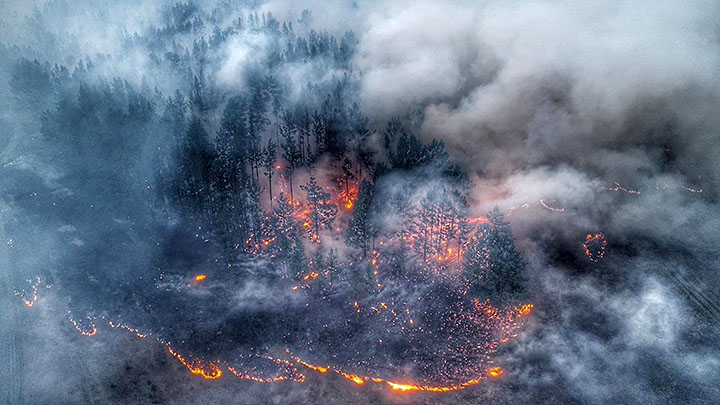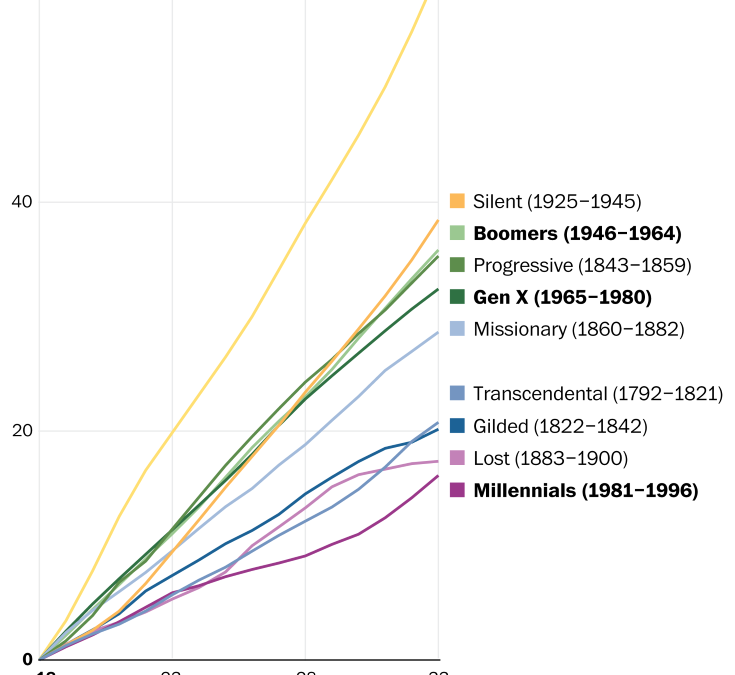Gold miners bring fresh wave of suffering to Brazil’s Yanomami – “This is war because people are dying. Hundreds of Yanomami have died in the humanitarian crisis, and they are Brazilians too.”

By Ueslei Marcelino and Anthony Boadle
18 January 2024
(Reuters) – Brazil is losing the upper hand in its battle to save the Yanomami Indigenous people, who are dying from flu, malaria, and malnutrition brought into their vast, isolated Amazon rainforest reservation by resurgent illegal miners.
A year after President Luiz Inacio Lula da Silva declared a humanitarian crisis among the Yanomami and vowed zero tolerance for illegal mining, environmental enforcers warn that Brazil is jeopardizing last year’s hard-won progress, when about 80% of roughly 20,000 wildcatters were ousted from the Portugal-sized reservation.
As the Brazilian military has rolled back its support for the government crackdown, the gold-seeking miners have come back, they say, making fresh incursions into Yanomami land.
According to Brazil’s health ministry, 308 Yanomami died of disease, malnutrition and violence last year, with 50% of the deaths being children under four. Deaths from malaria, which is introduced by the miners, doubled in 2023 from 2022.
The presence of armed miners has also scared the Yanomami from planting manioc, their staple along with river fish, and reduced the game they can hunt.
During a Reuters visit to the Yanomami territory in December and January, agents of environmental protection agency Ibama said they are now flying solo in the battle against the miners after crucial military support was scaled down.

The Brazilian military reduced operations in mid-2023 and stopped transporting fuel for Ibama’s helicopters to forward bases inside the reservation, limiting their range across the giant territory. The Air Force has not enforced a no-fly zone, despite being ordered to do so by Lula in April, while the Navy is not doing enough to blockade rivers that are the miners’ main access for machinery and supplies, three Ibama officials said.
Brazil’s Army, Navy and Air Force did not reply to requests for comment.
The ineffective no-fly zone has led to growing numbers of unregistered pilots flying miners into Yanomami land, and then crossing the border to safety in Venezuela when intercepted by Ibama helicopters, said Ibama pilot Carlos Alberto Hoffmann. Venezuela’s government did not reply to a request for comment.
“The state is not effectively present today in Yanomami territory, and we are seeing the return of illegal mining,” said Hugo Loss, Ibama’s head of enforcement operations. Without more military support, he added, “we will lose all this year’s work.”
A Reuters photographer spent a week on Yanomami land, embedding with an elite Ibama unit as they swooped down by helicopter into mining camps to destroy dredging pumps, airplanes and other mining supplies. Miners fled at the sound of approaching helicopters, and the armed Ibama officers chased stragglers into the jungle to arrest them.
The photographer also visited the Auaris medical station near the Venezuelan border, where naked Yanomami children, their bellies swollen by malnutrition, were nursed back to health.
“Most of the miners had gone, but they are coming back,” Yanomami shaman Davi Kopenawa, whose activism helped create the government-protected Yanomami territory in 1992, told Reuters. “Illegal mining is so bad for us.”
Along with poisoning rivers and spreading disease, the return of the gold miners boosts criminal groups that traffic drugs and timber across the Amazon, undermining Lula’s pledge to restore law and order there and end deforestation by 2030. [more]
Gold miners bring fresh wave of suffering to Brazil’s Yanomami


